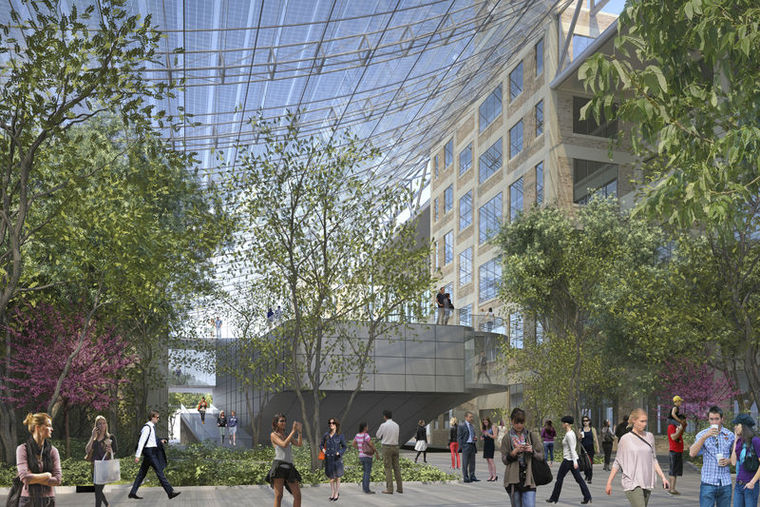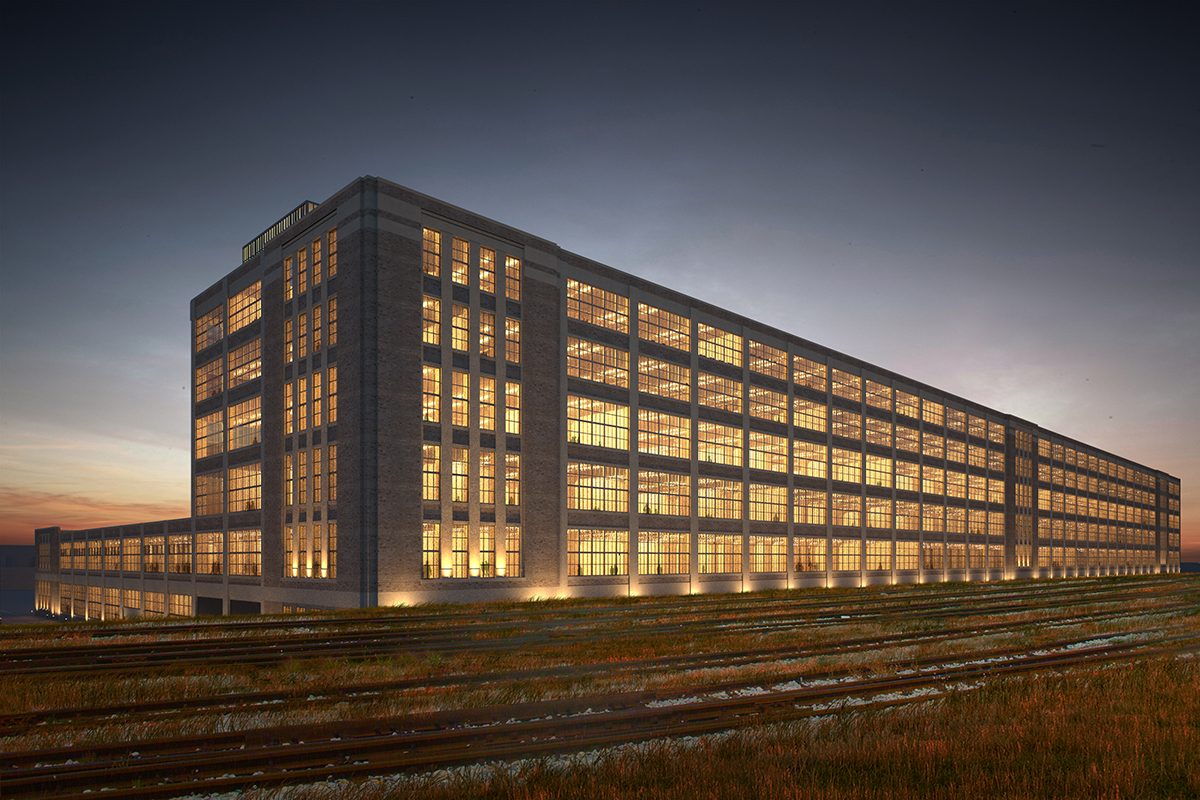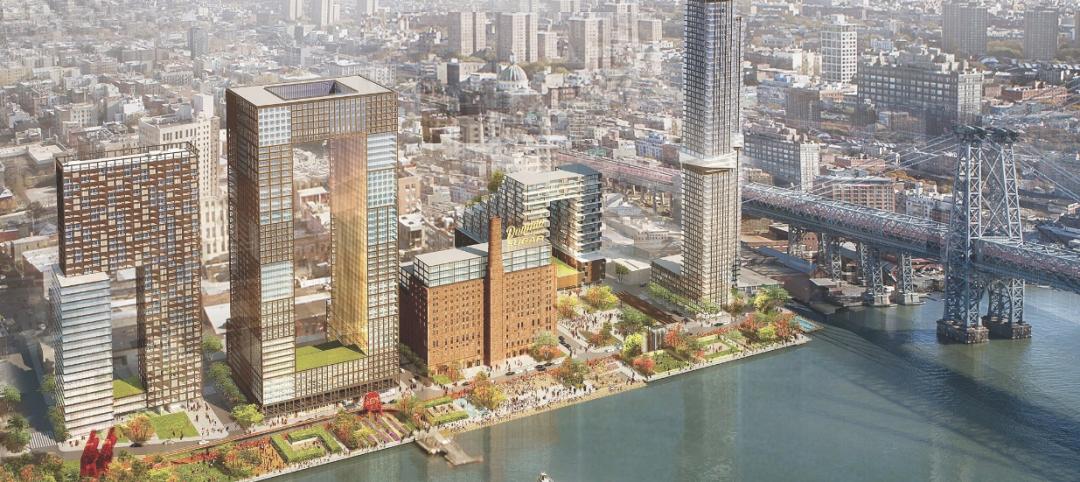The largest data center in northern Indiana, the Union Station Technology Center, has commissioned Adrian Smith + Gordon Gill Architecture to lead the campus design of the former Studebaker corridor located on the southwest edge of downtown South Bend, Ind., in an area known as the Renaissance District.
The area will be developed as part of a mixed-use campus consisting of more than one million sf of Class A office, education, technology, research-grade manufacturing, data center, and live-work spaces.
Once the nation’s fourth largest automobile manufacturer, employing as many as 23,000 people in South Bend, the Studebaker campus closed in 1963.
The redevelopment project is intended to draw data and technology companies to the northern Indiana town.
“The Renaissance District is a remarkable vision that demonstrates how cities must renew themselves in a vibrant, yet sustainable fashion,” expressed Gordon Gill, a founding partner of AS+GG. “It is exciting to be a part of a project that enables companies with growing data and energy needs to actually reduce their carbon footprint and energy costs while revitalizing a community. This project will be a trendsetter that the world will follow.”

Related Stories
Smart Buildings | Apr 28, 2014
Cities Alive: Arup report examines latest trends in urban green spaces
From vertical farming to glowing trees (yes, glowing trees), Arup engineers imagine the future of green infrastructure in cities across the world.
Smart Buildings | Jan 7, 2014
9 mega redevelopments poised to transform the urban landscape
Slowed by the recession—and often by protracted negotiations—some big redevelopment plans are now moving ahead. Here’s a sampling of nine major mixed-use projects throughout the country.
Smart Buildings | Sep 13, 2013
Chicago latest U.S. city to mandate building energy benchmarking
The Windy City is the latest U.S. city to enact legislation that mandates building energy benchmarking and disclosure for owners of large commercial and residential buildings.
Smart Buildings | Feb 14, 2013
Minneapolis joins energy benchmarking trend for commercial buildings
Minneapolis is the latest major metro to require large commercial buildings to benchmark and disclose their energy and water use.










